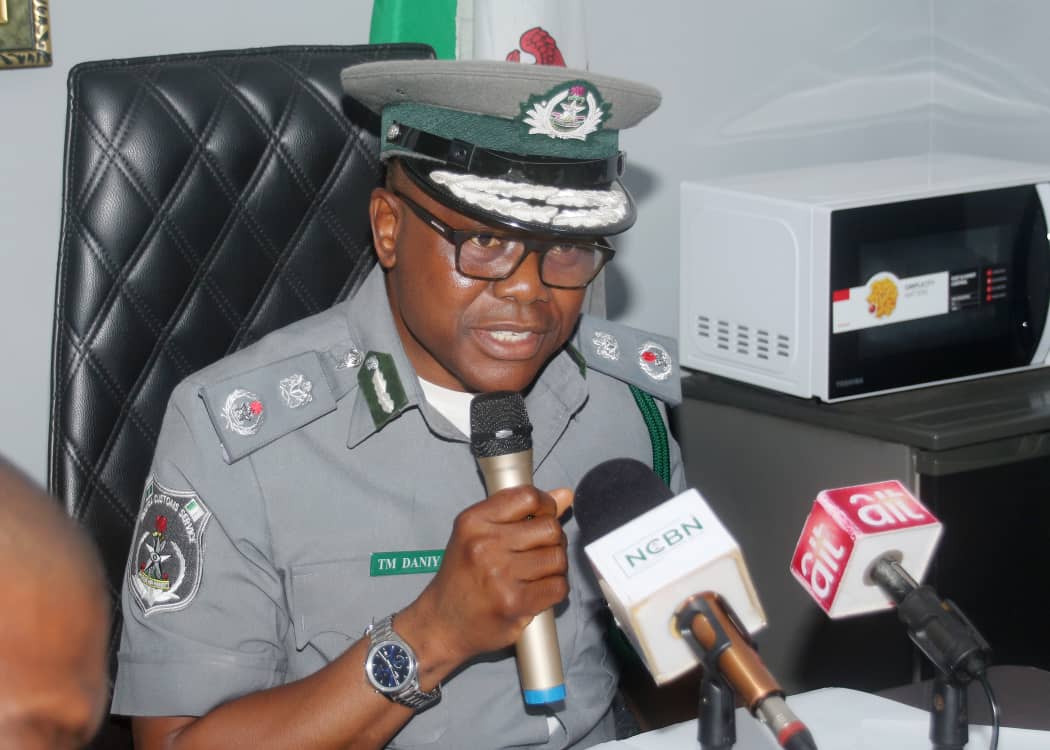
The Nigeria Customs Service (NCS) has announced plans to procure seven new mobile cargo scanners to enhance cargo inspection and trade facilitation across the nation’s seaports. This initiative is part of a broader effort to modernize port operations and address longstanding inefficiencies in cargo handling and scanning processes.
This development comes amid renewed concerns by stakeholders over previous scanner procurement efforts that ended in failure.
Speaking during the Nigeria Port Consultative Council (NPCC) quarterly meeting in Lagos last week, the Director General of the Lagos Chamber of Commerce and Industry (LCCI), Dr Chinyere Almona had raised alarm over the inefficiencies at Nigerian ports, particularly related to cargo handling and the lack of functional scanning systems.
Dr Almona noted that scanners previously purchased by the Nigeria Customs Service were later abandoned, leading to a heavy reliance on physical inspection, which continues to slow down the clearance process and increase costs for importers and exporters.
However, Customs Area Controller at the Ports and Terminal Multiservices Limited (PTML) Command, Comptroller Tenny Daniyan disclosed plans to procure seven new mobile scanners to enhance cargo inspection and trade facilitation across the nation’s seaports
Comptroller Daniyan revealed that the new scanners will support the Service’s drive for automation, trade facilitation, and the adoption of a paperless cargo clearance process. According to him, the new acquisition is part of a broader vision that goes beyond scanners.
Daniyan noted that the paperless cargo clearance ratio within the Nigeria Customs Service has significantly increased, with automation becoming standard in most Customs offices. He attributed the improvement to reforms initiated under the current Comptroller General of Customs; Bashir Adewale Adeniyi, which have earned the Service commendable ratings from the Presidential Enabling Business Environment Council (PEBEC).
He also acknowledged past challenges surrounding scanner functionality and maintenance, attributing the failure of previous systems to a flawed procurement process. “The problem has always been the procurement process which was not all-inclusive. Someone would sell the machine, while another fixes it, when there are issues. But now we have a proper procurement process where there will be service after sale covering a number of years”, he assured.
Daniyan said the new system would also support capacity building through the training of officers and ensure availability of spare parts. He emphasized that the new approach aligns with the global Authorised Economic Operator (AEO) framework, which stresses the importance of maintaining supply chain security, including mandatory scanning of all imported cargo.
“In our new (Customs) Act, every bonded terminal is mandated to procure scanners. So why are they not giving us one? Why wait for just one person or Customs to bring them in?” Daniyan asked rhetorically.
“You are aware that the former service providers started with giving us scanners that are now worn-out. We had service providers like WebFontane, NICIS and others. But scanners are not shared products; they are specific. Our CGC a few months ago, travelled to China, and we are working on getting almost seven scanners.
“We are not just thinking of scanners, we are thinking of owning our own network. The satellite mast and everything will be there. Everything will be paperless.” Daniyan said.















